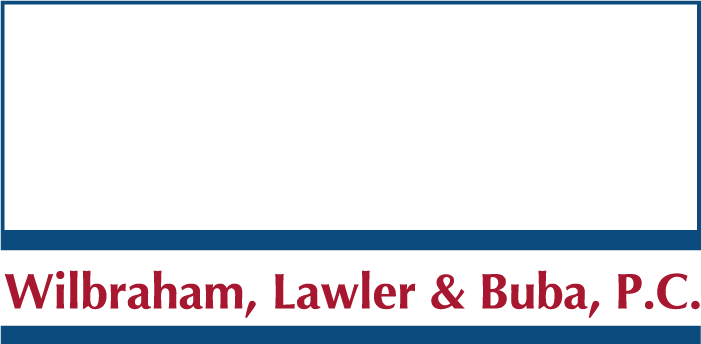All business owners have an incentive to attract and retain customers or clients. While many aspects go into achieving this objective, members of the public must feel safe when shopping for goods or services. As a result, business leaders often address safety in their business plans.
Businesses must be reasonably safe. While no business owner can prevent all types of crime, customers should be able to count on them to protect them from knowable criminal activities. Put differently, businesses must provide adequate security for their customers, vendors and others.
History of criminal activity
Violent crime shows no signs of abating in the U.S. In fact, according to the Federal Bureau of Investigation, there were more than 1.2 million violent crimes in 2018 alone. Some of these crimes happened at retail establishments, restaurants and other businesses, of course.
When a crime occurs at a place customers and others frequent, business owners should review security measures to ensure they are appropriate. After all, if subsequent crimes happen, victims might have grounds to claim the business owner provided inadequate or negligent security. This is especially true if subsequent crimes match or are similar to earlier ones.
Adequate security
What constitutes adequate security might vary from business to business. It also might depend on the risks customers and others are likely to face. Sufficient lighting, locking doors, security cameras and trained security guards are often standard, however.
In some places, statutes outline the type of security businesses must provide to customers, invitees and other visitors. As a result, business owners should review the laws of every jurisdiction where they operate to ensure compliance.
Ultimately, to minimize the probability of facing legal exposure, business owners must be reasonable when formulating their security protocols.

